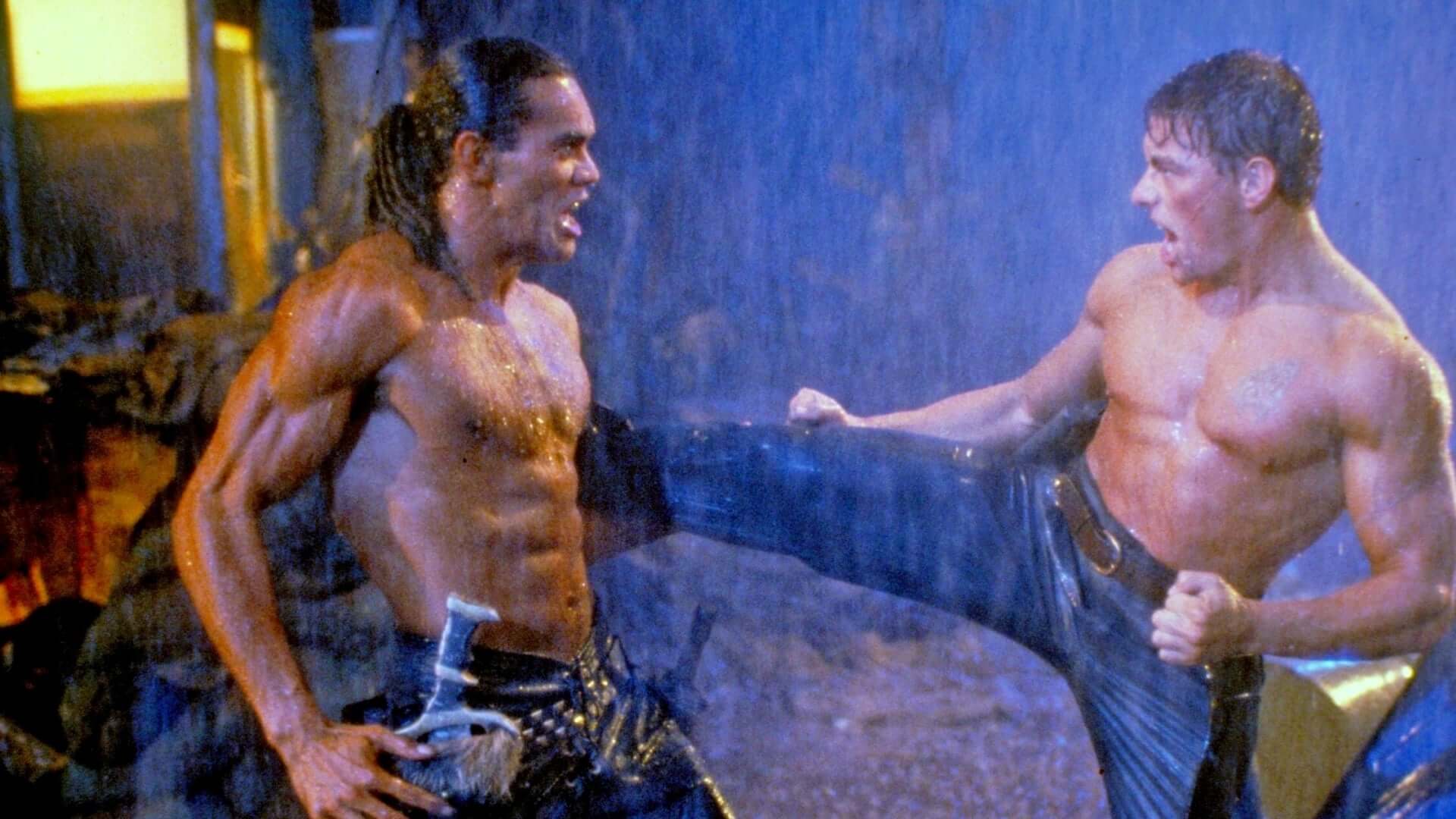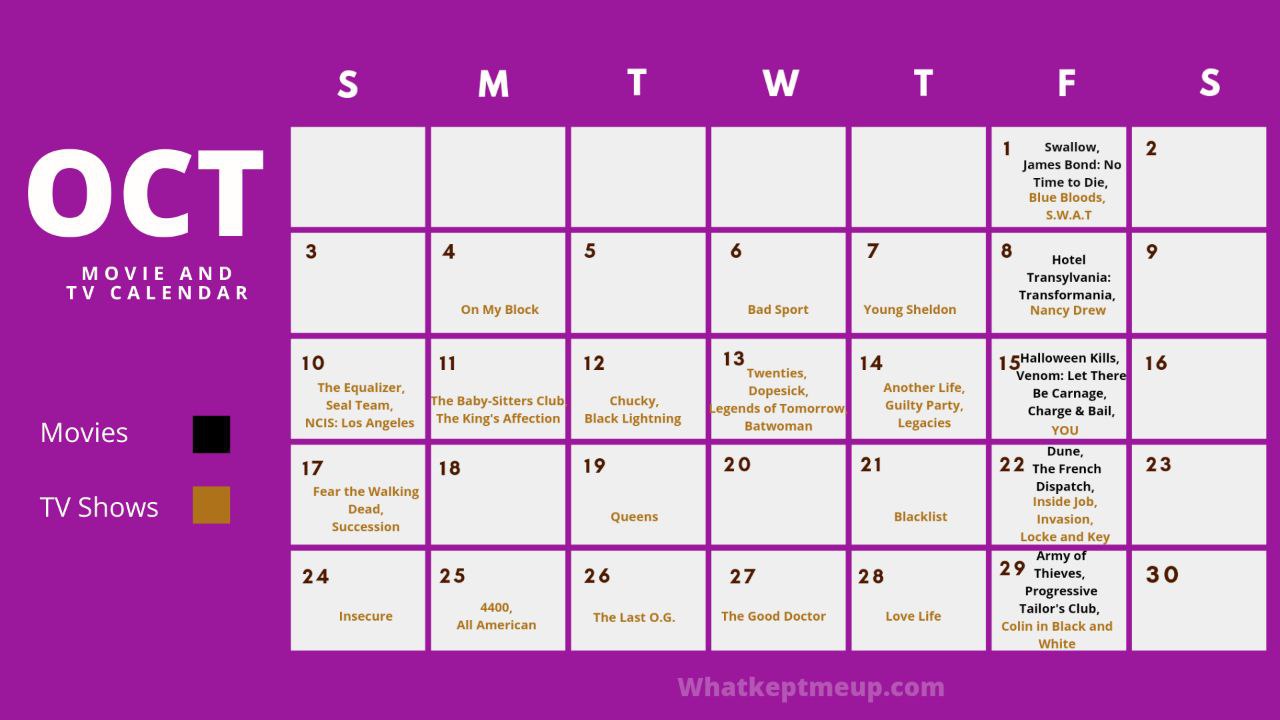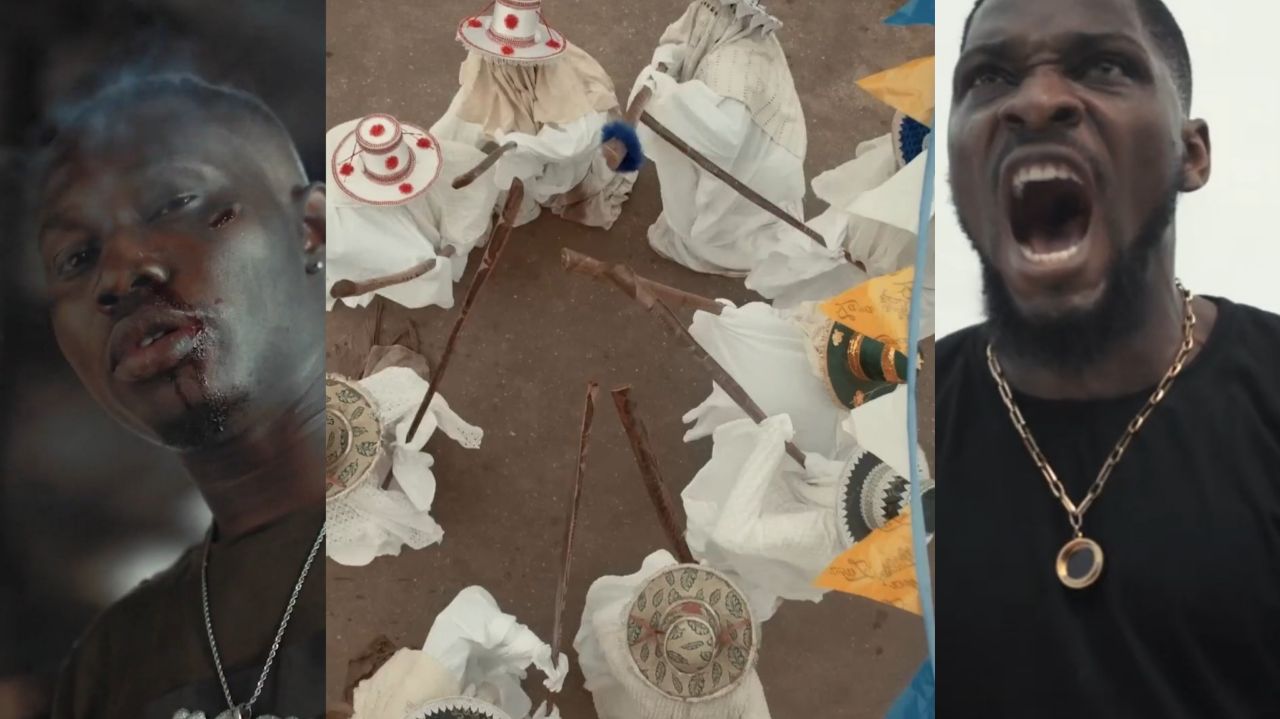The Prince of Egypt kicks off as a meticulously animated tale of helpless slaves pitted against their masters. While the enslaved only have the heavens to cry unto—whips lash, hands toil, sweat drips, and Egyptian monuments rise. This captivating prologue is aided by what would be the first of many enthralling songs, “Deliver Us”, composed by Hans Zimmer and performed by Ofra Haza and Eden Riegel. With the nailed prologue, opening song, and a disclaimer title card that warns viewers who might be expecting a faithful page-to-screen adaptation, the tone is set for viewers to enjoy a celestial religious event, which has promised to occasionally take some freedom with its storytelling while still staying “true to its essence”.
Related:
As an adaptation of the biblical Exodus story, the stage is set to tell the agonizing story of enslaved Israelites in Egypt, and their earthly saviour set to emerge from King Pharaoh’s (voiced by Patrick Stewart) palace that has adopted an abandoned Israelite son. With Moses’ (Val Kilmer) entry into Pharaoh’s palace, raised like a second son—brother to Rameses (Ralph Fiennes), Pharaoh’s heir—the closely hinted layers of conflict, that the 1h 39min film aims to present, gains steam. Various themes and subjects are placed side by side, possibly for growing kids to learn lessons from. Beyond the masters vs slaves depiction, we see the delineation of good vs evil, old vs new, and the worldly (magic) vs the heavenly. No in-betweens for debatable nuances, all in a bid to leave a clear message in the minds of the targeted audience. This is clearly seen when Moses flees after accidentally killing an Egyptian taskmaster, despite Rameses’ promise to make it all go away like it never happened. Consequently, the message is carved in stone: Moses must flee because he has committed a villainous deed, albeit a means to fulfilling prophecy, or not.

This moment in the film, the incident surrounding his departure from Egypt, marks the first major deviation from the biblical scriptures some have grown up knowing. However, credit must be given to Dreamworks (studio behind Shrek, How to Train Your Dragon and The Boss Baby) for taking on such a project that is bound to divide audiences due to its religious core. History tells us that Disney originally passed on the project to avoid missteps, and this is where a newly-formed animation studio would come in, seeking consultation from religious groups in order to tell the most accurate adaptation of Moses’ story—rooted in various religions—that they could, and oh boy, did they succeed, not only critically, but also financially.
Related:
 Retro Review | ‘Cyborg’ (1989): Who Says a Glitch Can’t Be a Positive Thing? Not Van Damme
Retro Review | ‘Cyborg’ (1989): Who Says a Glitch Can’t Be a Positive Thing? Not Van Damme
 Disney and Pixar’s ‘Luca’ and the Others
Disney and Pixar’s ‘Luca’ and the Others

This big bet, in 1998, introduced Dreamworks’ animation division to the world. Directed by Brenda Chapman (writer-director in Pixar’s Brave), Steve Hickner and Simon Wells, The Prince of Egypt glosses over any further deviations that may be spotted, with its traditionally designed, visually rich animation, and its mesmerizing score composed by the legendary Stephen Schwartz (winning Best Original Song for “When You Believe”) and Hans Zimmer (who has helmed further animated Dreamworks titles). As the second animation title by the fledgling studio, The Prince of Egypt is a bold work. It doesn’t shy away from placing focus on a sharpened razor-edged weapon and presenting multiple shades of skin tones, when other studios might have just gone for the generally expected white tone, one of the team’s efforts to be historically and culturally accurate. Although an opposing argument could be made because the film is predominantly voiced by white actors, such as Michelle Pfeiffer as Tzipporah, Sandra Bullock as Miriam, Jeff Goldblum as Aaron, Helen Mirren as the Queen, Martin short as Huy and Steve Martin as Hotep, which doesn’t take much away from the film’s Eastern flair.
After tear-jerking and sober scenes like Moses’ unexpected reunion with his siblings and the climax of the plague leading to the death of Rameses’ son, the musicals serve as moments to pacify a mournful heart, thereby occasionally making it a feel-good rendition of an important religious tale. The peak of the feel-good emotions, led by “Through Heaven’s Eyes”, written by Stephen Schwartz and performed by Brian Stokes Mitchell, is when Moses finds his true self on meeting and integrating into Jethro’s family camped in the desert. Due to such scenes, the animation can be enjoyed without regard for the rushed timeline and minor page to screen differences; a tale whose importance the opening title card has regarded as the “cornerstone of faith for millions of people worldwide”, subsequently reiterated by the closing card displaying verses from the Hebrew Bible, new testament and the Quran. Everyone involved, in what has become an animation classic today, can be thankful (as well as proud) that they found success.
Retro Rating: 7.2/10
You can share your thoughts in the comments section or on our social media accounts.
 Keep track of upcoming films and TV shows with our calendar tool.
Keep track of upcoming films and TV shows with our calendar tool.
Side Musings
- That one shot that places King Pharaoh in the foreground of Pharaoh’s bust, damn! Even the scenes transition smoothly.
- To avoid controversy, God was voiced by all of the major actors, although Val Kilmer’s is the most audible.
The Prince of Egypt is streaming on Netflix in select territories (UK and Nigeria).





I should see this
I think I’ve been blind to how awesome musicals can be.
I should come out and say it now that musicals arent my thing. But this one was different.